With technology advancing at such exponential rates, more businesses around the globe have shifted to the digital space to keep up with the times. The pandemic has accelerated this process as the many lockdowns, and social distancing protocols have encouraged consumers to leverage technology to cater to their internet needs.
If your business has a website, there’s a great chance that you want customers to find you online with a simple Google search. On the other hand, perhaps you are running a pay-per-click campaign and want your ads to feature over your competition. Whatever the case may be, you must know what keywords to target to optimise organic search results or ad campaigns – and stay ahead of the pack!

What is keyword research?
Keyword research, in a nutshell, is finding common search terms that relate to your business’s products and services, and when used, will trigger a search engine – such as Google – to display a link to your website on the search results page.
Why is keyword research important?
The number one reason for keyword research being so important is that you want your business website to be easily found online – failing which – you could lose out on potential business prospects. For potential customers to find you online, you must optimise keywords that people are searching for which are relevant to your business. Keyword research gives you the inside scoop on what your target audience is querying online – vital ingredients that will help you to shape your content and digital marketing strategies.

How to research keywords
When conducting your keyword research, you will need to look for short- and long-tail keywords with great monthly search volume, low competition, and fair cost-per-click (CPC) costs for pay-per-click (PPC) campaigns. Whether you are looking for keywords to boost your PPC campaign or search engine optimisation (SEO), you must ensure sufficient search traffic for that keyword.
In terms of PPC, the CPC costs are relative to what you are willing to spend after considering your competition and the search volume. Therefore, there isn’t a right or wrong answer when finding out how much to spend on CPC for a keyword – rather, it is dependent on your budget and strategy.
When conducting keyword research for SEO content, all your energy must be focused on competition scores and search volume. Competition scores typically range from 0 to 1, and a lower number indicates lower competition. Ideally, you should be competing for keywords that score 0.6 or lower to maximise your digital marketing strategies.

Step 1: Make a list of topics relevant to your business
To kick-start your keyword research journey, you must first brainstorm topics that you want to rank for, which are important to your business and appeal to your target market. An ideal number of topics should be around ten, which will form the base from where you will gather specific keywords later. When thinking about topics, you must always put yourself in your target market’s shoes and consider what type of topics they would search for – ones that you would want your business to get found for.
Step 2: Identify keywords for your topics
Now that you have your list of topics on hand, it’s time to identify keywords specific to each of those topics. These keywords will be specific phrases that you consider important to rank in search engine results pages (SERPs) and those that your target audience will likely use when searching online.
There’s no hard and fast rule here, and the main objective in this step is to get a brain dump of phrases that you think potential customers may use to find information related to that particular topic. This list will likely be extensive, and you will eventually narrow that down at a later stage.
Another way to discover keyword ideas is to find out what keywords are already featuring on your website and are getting found for. You can get this information by using website analytics software to identify your website’s traffic sources and go through your organic search traffic topics to detect the keywords people use to find your business online.

Step 3: Learn how user intent affects keyword research
Your website must have solutions for issues that your target audience intends to solve instead of just containing the keyword that the searcher used. While it is easy to take keywords at face value, you must understand the intention behind that search to provide effective solutions. A great way to ascertain a user’s intent for a keyword is to punch that keyword into a search engine and see what results are returned.
Step 4: Use keyword research tools
There are many great keyword research tools – such as SEMrush, Ubersuggest, and Ahrefs – that you can use to help you find keywords. These results are based on the exact match keywords as well as phrase match keywords formed by your keyword ideas. Once you have a clearer picture of the keywords you want to use, you can narrow your list based on your digital marketing strategies.
You must keep in mind the following when choosing your keywords:
- Relevance – Search engines like Google rank content for relevance. With that in mind, your content will only rank for a keyword if the searcher’s needs have been met – so make sure that your content is the best resource available.
- Authority – Search engines like Google favours sources that are regarded as authoritative. To ensure that your content is regarded as an authoritative source, make sure that your website has informative and helpful content.
- Volume – Make sure that the keyword you plan to use has a healthy monthly search volume (MSV) – the number of times a specific keyword is searched for each month for all audience types.

You must also make sure to have a healthy mix of short-tail keywords (three words or less) and long-tail keywords (longer than three words) to give your digital marketing implementation an effective balance. Long-tail keywords tend to be more specific, while short-tail keywords are relatively generic – so a thoughtful combination of both will add greater credibility and value to your website.
Final thoughts
Keyword research may appear to be a daunting task, but it is actually quite exhilarating once you get the hang of things. You must always keep in mind that keyword research is critical to your digital marketing strategies and will prove to be extremely rewarding once you taste success with your final results. So make sure to keep an open mind and think out of the box for the best results.
For those who don’t have the time or would prefer a professional touch to your keyword research and digital marketing strategies, consider digital marketing outsource experts like PrimePixels to take your business to the next level.







